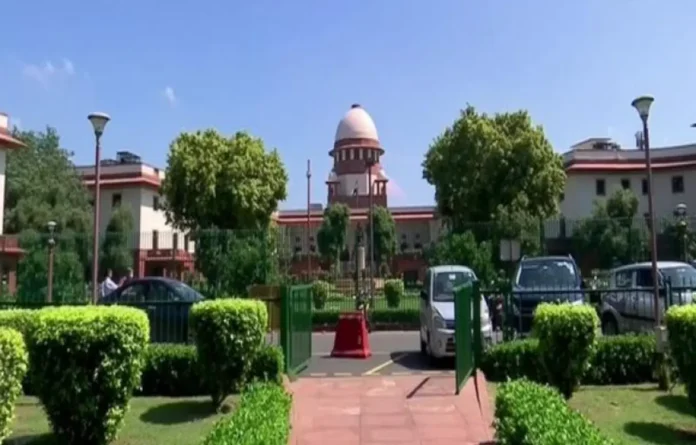The Supreme Court on Wednesday stayed coercive action against filmmaker Sujoy Ghosh in a criminal case related to alleged copyright infringement over his 2016 film ‘Kahaani 2: Durga Rani Singh’.
The Bench of Justice PS Narasimha and Justice R Mahadevan further exempted Ghosh from personal appearance before the Magistrate during the pendency of the proceedings.
The Apex Court passed the order on an appeal filed by Ghosh against a Jharkhand High Court order that refused to quash the criminal case registered against him under Section 63 of the Copyright Act, 1957.
One Umesh Prasad Mehta had filed a criminal complaint against Ghosh alleging that the script of Kahaani 2 was copied from his own work titled Sabak. He claimed to have handed over the script to Ghosh in June 2015 to obtain a recommendation letter required for registration. As per the complainant, Ghosh later used the material in the movie without his consent.
As per the complainant, the film was a reproduction of his work and amounted to theft of his creative content. Based on his complaint, the Chief Judicial Magistrate of Hazaribagh recorded statements and issued summons to Ghosh on June 7, 2018, after finding a prima facie case of copyright infringement.
Ghosh moved the Jharkhand High Court seeking to quash the proceedings under Section 482 of the Code of Criminal Procedure. He argued that the complaint was false and that he had neither met the complainant nor received any script from him.
As per Ghosh, he began working on Kahaani 2 in 2012 and had registered the final script with the Screen Writers Association by December 2013, well before the alleged script exchange in 2015.
The High Court dismissed Ghosh’s plea on April 22, 2025 on the grounds that it would not conduct a “mini-trial” at the quashing stage. It was not for the High Court to evaluate the merits or compare the two scripts at this stage. The issues raised could be tested during trial.
Senior Advocate Siddhartha Dave, appearing for Ghosh before the Apex Court, reiterated that the Magistrate had passed the summoning order without comparing the scripts or conducting any application of mind. The complaint failed to disclose even a prima facie case and no material was placed to support the charge.
Dave further questioned the territorial jurisdiction of the Hazaribagh court, pointing out that the entire production process took place in Mumbai and that the complaint could not be maintained in Jharkhand.


